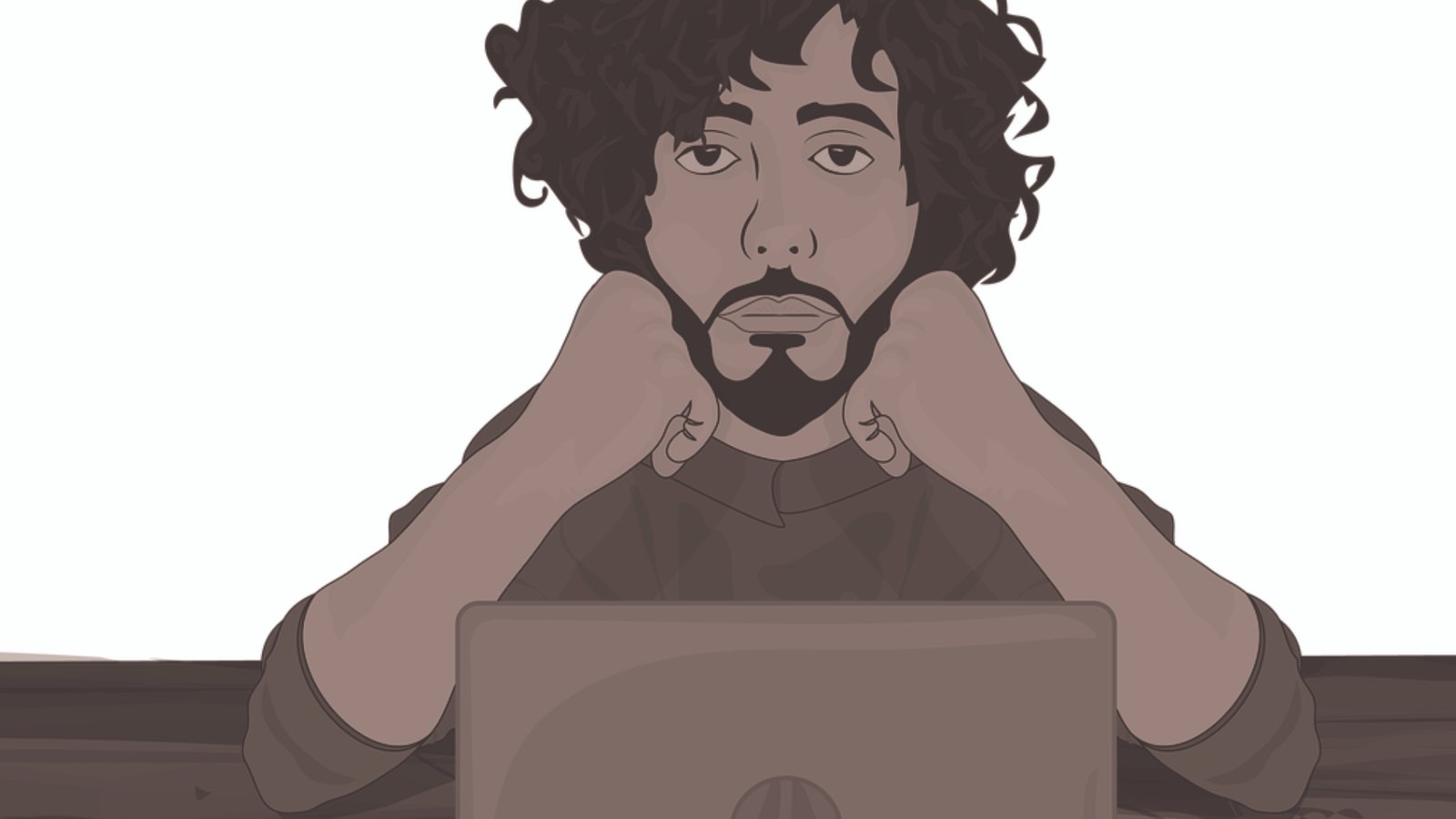A Cultural Creation?
Laziness is often viewed as a personal flaw, defined in dictionaries as a reluctance to work or exert effort. But this common understanding overlooks a more nuanced reality. From the perspective of those labelled as “lazy,” laziness can be seen as a product of social and environmental factors. It may stem from the community one lives in, shaped by shared values, routines, and access to opportunities.
People who are perceived as lazy may still contribute to society in different, less traditional ways, such as offering critical opinions on political and economic issues, or engaging with digital culture. In today’s age of smartphones and instant access to information, the variables influencing laziness are changing. What was once seen as unproductive may now reflect a shift in how people engage with the world.
It’s difficult to give a definitive answer. Many would argue that a supportive community can inspire ambition, offering role models and resources that push individuals to succeed. However, others may find comfort and stability in their surroundings, believing there’s no need to seek more. From the outside, this can be seen as a lack of ambition, but to the individual, it might simply be contentment.
This raises a deeper question: Does happiness have any relation to laziness? It’s a complex idea. Someone might appear lazy but feel completely fulfilled with a minimalist lifestyle, free from the pressures of capitalism. If a person’s mindset rejects the need for material success, should that be labelled as laziness? Probably not. Exploring this correlation is unlikely to offer clear answers because “happiness” and “laziness” are deeply personal and context-dependent.
We also can’t ignore the role of privilege. For instance, individuals from wealthy backgrounds may feel no urgency to work hard, knowing they will eventually inherit family wealth. This isn’t true of every wealthy person, but the safety net can create complacency. Here, laziness isn’t born from lack of ambition but from an abundance of security.
On the flip side, environments with low motivation can affect young people, especially when surrounded by peers who lack drive or ambition. Social circles shape behaviour, and if the prevailing attitude is to avoid effort, that mindset can spread easily.
The welfare system is another factor. It exists to support those in need due to illness, disability, or other valid reasons, but in some cases, it may inadvertently discourage the pursuit of work. When young people grow up seeing relatives sustain themselves comfortably without employment, it may lower their perception of work as a necessary goal.
It’s important to clarify that this is not a criticism of welfare itself, which is essential for many. The issue lies more in the mindset passed down without the encouragement to strive for more. A balance is needed; one that supports people in difficult times but also encourages growth, education, and ambition.
One of the most impactful contributors to modern laziness is undoubtedly the smartphone. With the rise of 3G and 4G, information became instantly available, and the incentive to explore, research, or even move decreased. We now live in the “information age,” where a vast library of knowledge is accessible with a few taps, but this convenience has created a passive culture.
Why search beyond the first page of Google when answers are right there? Why read a book when a YouTube summary is quicker? Apps have replaced traditional ways of learning and doing, and social media has become a comfortable, addictive escape from effort and reality.
Smartphones have enabled people to spend hours scrolling through content rather than engaging in educational or productive activities. The “glued to my phone” mentality is part of a growing trend that values stimulation over substance. This, in turn, has created a culture that may struggle with accountability, long-term goals, or adapting to adulthood and parenthood.
It’s unrealistic to imagine a world without smartphones or smart technologies. So the challenge becomes: how do we balance digital convenience with real-world productivity? Education systems, parents, and communities must play an active role in fostering accountability and resilience. Children need to see ambition modelled and rewarded, not mocked or ignored.
Laziness, then, is not just about effort. It’s about mindset, environment, and influence. It is a cultural phenomenon—shaped by wealth, access, information, and technology. To address it, we must look beyond the individual and understand the systems that either inspire action or enable inaction.




